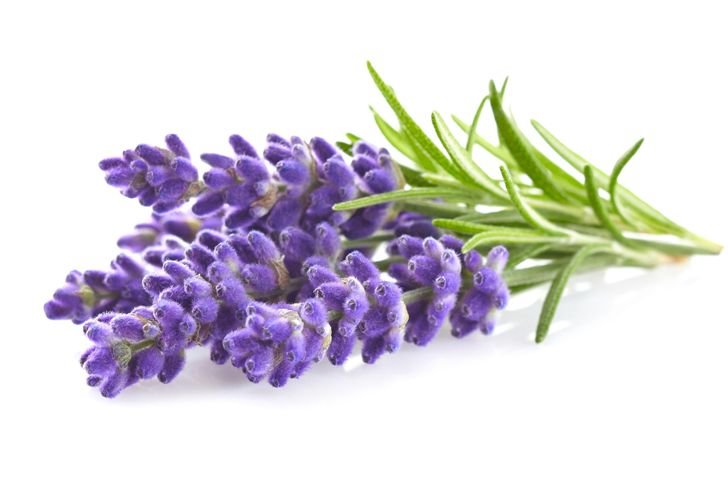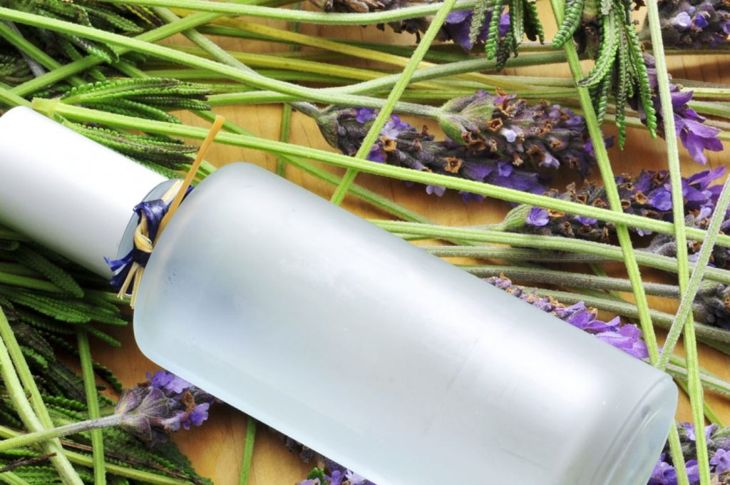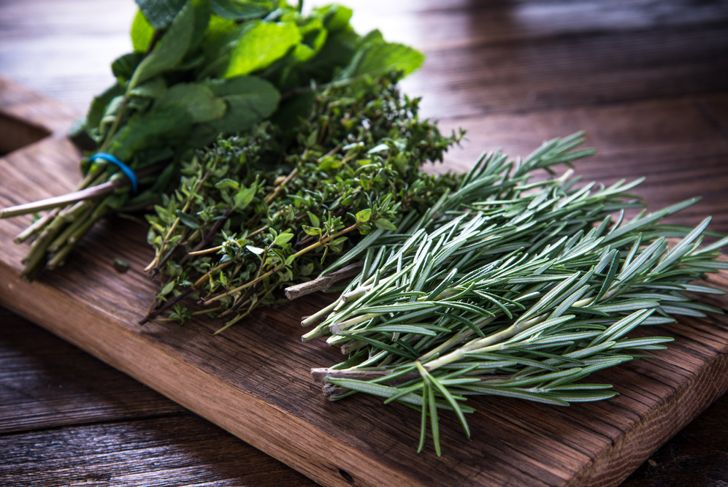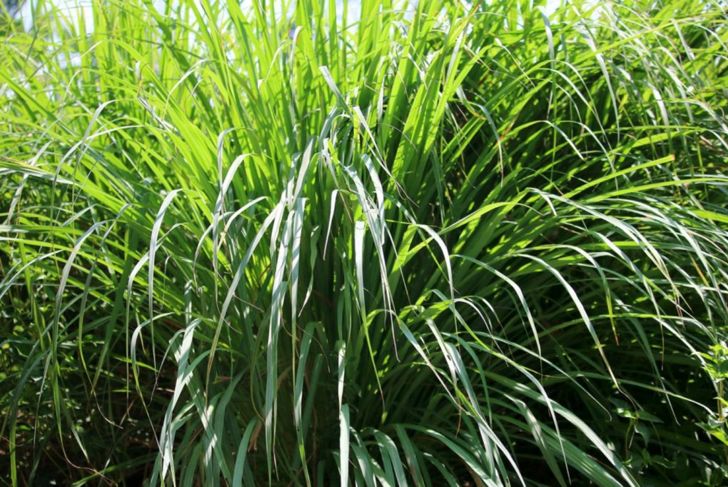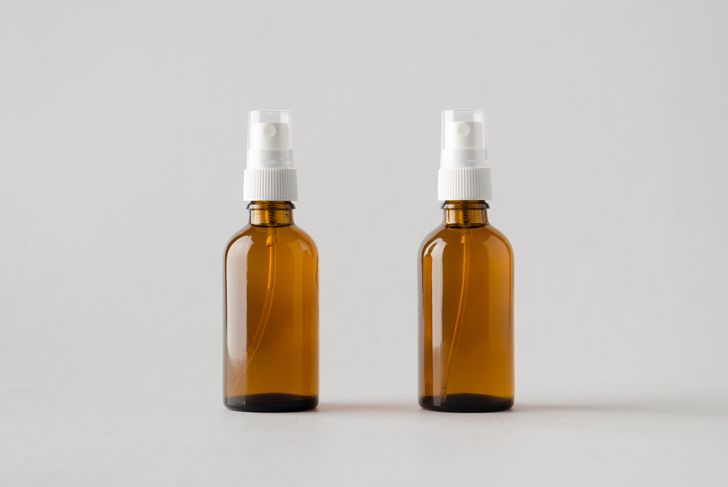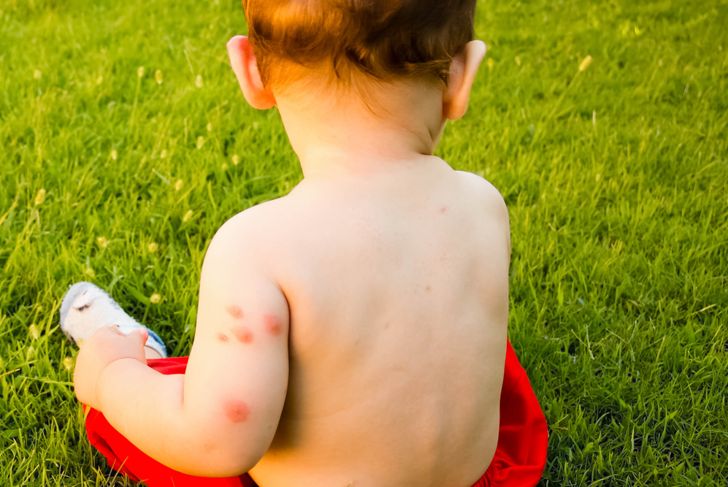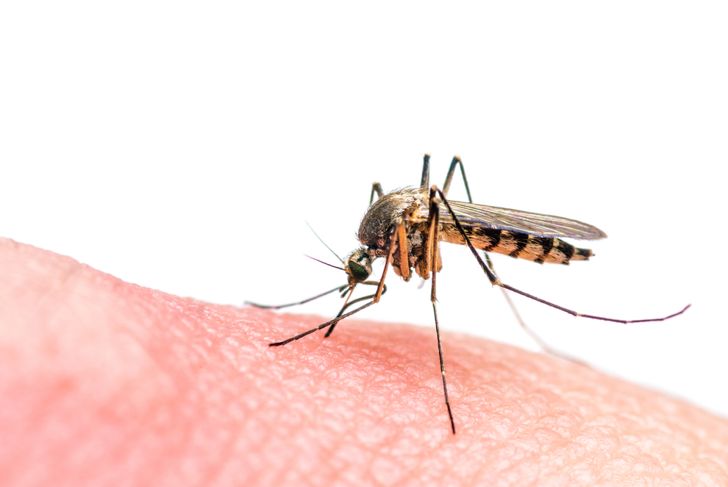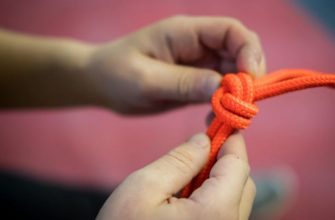Mosquitos aren’t just an irritating buzz in your ear – if you’re one of the millions who react to mosquito bites, they’re an irritation to your skin, as well. Mosquitos also are carriers of several communicable diseases in humans, notably Malaria, West Nile Virus, and the Zika Virus. Other mosquito-borne infections include yellow fever, malaria and some types of brain infection (encephalitis). The elderly, children, pregnant women, and those with compromised immune systems should take special care to avoid and repel mosquitos to reduce bites. Mosquitos typically live in warm areas – places with standing water are perfect breeding grounds for the insects. They’re most active at dawn and dusk, so use caution.
Who is at Risk for Mosquito Bites?
Mosquitos are extremely common in just about every area of the country. Regions with many lakes, rivers, and streams have an exceptionally high population of mosquitos, as they lay eggs in standing water. Some people have a scent that is more attractive to the bugs than others – eating a lot of fruit, for example, is thought to increase their attraction to you. While anyone may have a slight allergic reaction to a mosquito bite, others are more likely so see painful conditions. More-severe reactions may be experienced by children, adults not previously exposed to the type of mosquito that bit them, and people with immune system disorders. Those in the higher risk categories should use precautions when outside.
Cover Up to Prevent Access
While summertime isn’t always the season for long sleeves and pants, covering your skin as much as possible is often the first line of defense against mosquito bites. Loose cotton shirts with long sleeves and cotton or linen trousers can keep you cool while protecting you from mosquitos. Wearing a hat might help prevent mosquito access to your face and neck. As a bonus, you’ll protect sensitive skin from sun exposure, too!
Use Lavender Oil
Using essential oils from herbs and plants can be a natural, homeopathic alternative to chemical bug repellent. Lavender is pretty to look at and has a beautiful smell. Plus, it promotes relaxation, too. While most people enjoy the scent of lavender, mosquitos loathe it. To make your own natural lavender mosquito repellent, add 30 drops of lavender essential oil to two tablespoons of vegetable oil, coconut oil, or olive oil, and rub onto exposed skin. Not only will you smell beautiful, but it will stop mosquitoes from landing on you! To keep mosquitoes out of your home, add a drop of lavender to ribbon and place around open windows.
Natural Bug Spray
While many insect repellents you purchase in stores are great to keep mosquitos and other summer pests from making a meal out of you, if you prefer homeopathic solutions or organic remedies, then making your natural bug spray can be as easy as a quick trip to your kitchen. Simply combine ½ cup witch hazel; ½ cup apple cider vinegar; and 40 drops of your choice of natural essential oils, such as eucalyptus, lemongrass, citronella, tea tree, or rosemary. Shake, and pour into one 8 ounce glass spray bottle.
Natural Herbs that Repel Mosquitos
If you’re enjoying a relaxing summer barbecue, don’t have unwanted pests joining you. Throw a few stalks of rosemary on the hot coals to give off a mosquito repelling aroma. This creates a richly scented cloud releasing scent and oils, as well as imparting a subtle flavor to your grilled foods. Your diet may also keep mosquitos away. Eat more garlic – the whole kind or powdered, not the pickled. After eating lots of garlic, garlic oil is gently released from your pores. This garlic oil acts almost like a barrier between your skin and the mosquitoes.
Citronella for Outdoor Mosquito Deterrent
One of the best-known mosquito deterrents is Citronella. Citronella essential oil is one of the most effective natural mosquito repellents in the world, and one of the best ways to take advantage of this sweet smelling oil is in citronella candles. If you’re able to burn oil at your home, citronella tiki torches are a powerful deterrent for mosquitos as well. The U.S. Environmental Protection Agency considers citronella, also known as lemongrass, to be a “biopesticide” – nontoxic against insects. It’s used in many different cultures as an antifungal ingredient on wound care, as well as a natural antiseptic.
Mosquito Repellent Plants
There are several different plants you can place in your lawn or garden to help keep mosquitos at bay while you relax outdoors. Rosemary bushes can be used for cooking, too – just cut off a few sprigs and place directly on the grill. Other easy to find mosquito repellants are feverfew, citronella, catnip, and lavender are four of the most effective. Plant these in flower beds or containers placed around your garden and keep mosquitoes away. You can also use several of these plants as ingredients for bug repellent, and even as a seasoning for your food.
How to Properly Apply Mosquito Repellent
Applying mosquito repellent is as important as choosing the right one. Do it incorrectly, and you’ll have unprotected areas, or may end up accidentally having an unpleasant reaction yourself. Do not apply bug sprays over cuts, wounds, or skin irritations. Make sure you use just enough insect repellent to cover exposed skin and clothing but don’t use under clothing. Avoid putting on too much bug spray. Once you return indoors, wash treated skin thoroughly with warm soap and water. Also, make sure to wash treated clothing before wearing it again. Please be aware that using bug sprays may cause skin reactions in rare cases.
Complications from Mosquito Bites
Some people have very sensitive reactions to mosquito bites. Although the typical sign you’ve been bitten is a series of small raised red bumps, other people may have larger, and very itchy, reactions. Children are more likely to develop a severe reaction than adults because many adults have become desensitized to bits. More serious complications can include a large area of swelling and redness, low-grade fever, hives, and swollen lymph nodes. If you notice any of these symptoms, you may need to seek medical attention.
Mosquitos and the Zika Virus
You’ve probably heard about the Zika Virus in the news over recent years. A mosquito-borne virus, Zika virus is responsible for microcephaly, a congenital disability that causes a baby’s head to be smaller than expected. Pregnant women, or those who may become pregnant, should take serious precautions in areas likely to have Zika-carrying insects. Avoiding Zika virus is a challenge, but there are a number of proven ways to keep mosquito bites at bay by using repellents. The CDC says repellents should contain Environmental Protection Agency (EPA)-registered insect repellents like DEET, picaridin, IR3535, oil of lemon eucalyptus, or para-menthane-diol. If you cannot use these products, avoid traveling to affected areas, or going outdoors if you live there.

 Home
Home Health
Health Diet & Nutrition
Diet & Nutrition Living Well
Living Well More
More

